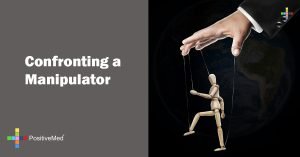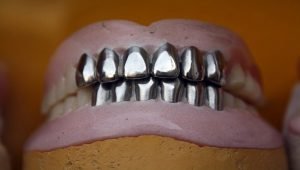
9 Tips to Avoiding Procrastination
By: Andres Carvajal
Edited By: Stephanie Dawson
Picture yourself in this situation, you have an exam tomorrow morning at 7am and you haven’t studied. Due date is inevitable, you cannot avoid dealing with studying, memorizing, and doing many things.You start your computer, and instead of reading for tomorrow you log on to social media checking things out and playing games. This isn’t new, you´ve done it for weeks. For sure you failed. Postponing your duties is a toxic and self-destructive habit that keeps you from succeeding in life. Procastination is involved in this kind of behavior. Procastination is a relatively new word, but most people know what it is. Everybody is distracted at some point in their objectives and goals, however in modern times with internet and other distractions we face unnecessary and disturbing tasks that keep us away from what we truly want.
A good definition of procrastination is the behavior of delaying or putting off things because of the attitude toward your objectives. Sometimes procrastination is a symptom of depression related to lack of motivation. This happens when you delay until the last minute, hoping for the best.
Many procrastinate something important for the last time from time to time: students while studying for exams or papers or at work when not completing goals due to focusing on details. In your own life you can delay marriage, finishing your license or career, finding a better job or a good opportunity. The mistake of procrastinating is that they believe they have plenty of time and an unrealistic view of time and processes. This kind of attitude can have negative effects on academic or job duties.

Some basic tips to stop this habit:
• Make a list of things to do- Differentiate between tasks, complex and important, prioritize and complete the most urgent.
• Start now- Don’t hesitate to start, even if your intuition says this is not the moment, make an extra effort.
• Better organize your time- Setting appointments or keeping a log of activities done is a good exercise in self-control.
• Avoid distractions- This can be complicated if you focus on several things at the same time, you won’t be fully in the moment and will miss the opportunity to make faster progress. Try to silence your cellphone and close facebook while studying. A habit takes around 21 days to establish.
• Have a rest- Divide up productive and rest time. In your productive time eliminate distractions, during rest time do whatever you want, you can see it as a reward, or as a natural process.
• If you want to use music, don’t sing- Music can make us happier and less depressed and can increase our productivity, however it is recommend to use only instrumental music for this purpose.
• Set deadlines-Try to set deadlines even when you don’t have to, be disciplined and be on time.
• Ask for help- There’s nothing wrong with asking for help if you are stuck in limbo or don’t know what to do. Its important not to see help as a sign of weakness.
• Try to set goals and rewards- When you have tasks that need extra effort you can establish a series of little rewards. These rewards don’t have to be material. Use inner dialogue to highlight your skills and achievements.
• Balance- At the end of the day make a list of what have you done, what is missing and try to analyze the consequences of both sides.





